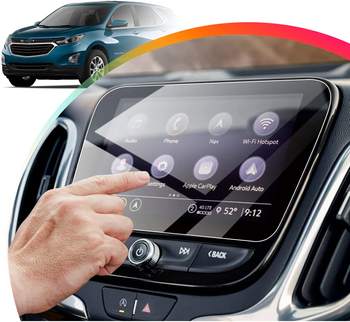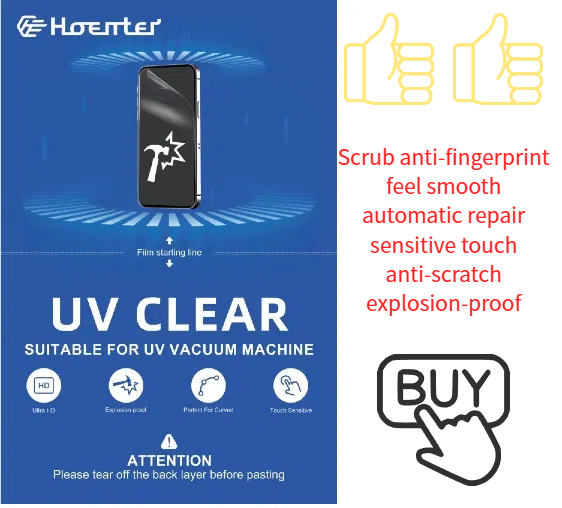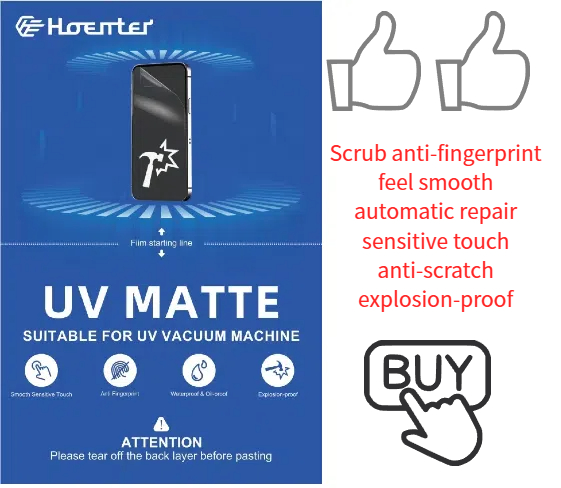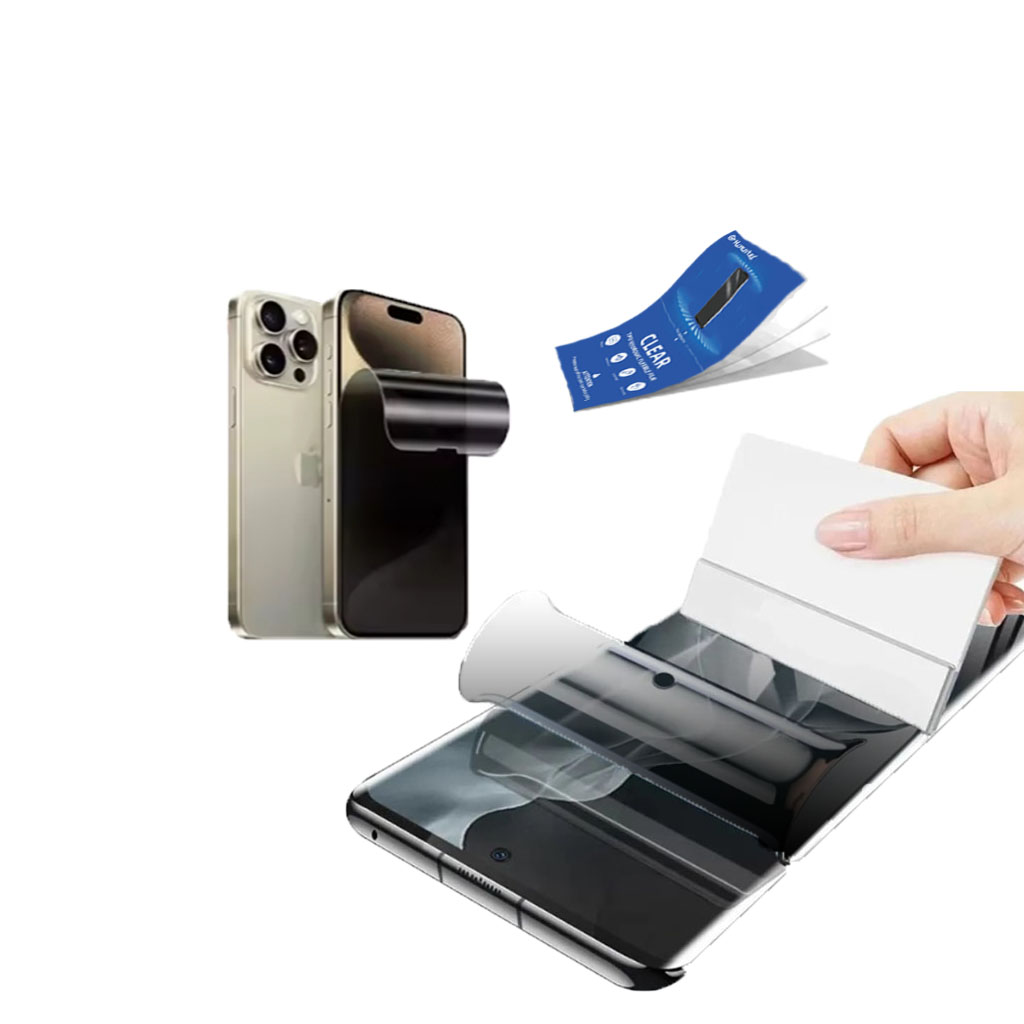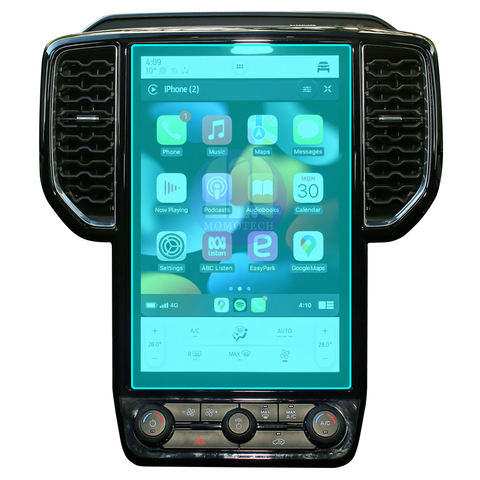
How to Stick Screen Protector Without Bubbles?
สารบัญ
สรุป
- Cleanliness is crucial for a successful screen protector application.
- Choose the right type of screen protector for your needs and lifestyle.
- Use tools and techniques that reduce air bubbles and ensure proper alignment.
- การบำรุงรักษาตามกำหนด can prolong the life of your screen protector.
- Stay informed about new innovations and eco-friendly options in the market.
1. ฟิล์มกันรอยคืออะไร และทำไมคุณถึงจำเป็นต้องมี?
A screen protector is a thin layer of material that adheres to the screen of your smartphone. Its primary role is to shield the screen from scratches, dirt, and even minor impacts. With smartphones becoming a central part of our lives, protecting their screens is more critical than ever.There are various types of screen protectors available, including tempered glass, plastic, and liquid screen protectors. Tempered glass is known for its durability and better touch sensitivity, while plastic screen protectors are often more affordable and easier to install. Choosing the right screen protector depends on your usage and personal preference.2. Preparing Your Smartphone for a Screen Protector
Why Cleanliness is Key
Before you start applying a screen protector, it’s essential to clean your smartphone’s screen thoroughly. Any dust or fingerprints can create bubbles or cause the protector to not adhere properly. ใช้ผ้าไมโครไฟเบอร์ and alcohol-based cleaner to wipe the screen, ensuring it’s spotless.Gathering Your Tools
Having the right tools on hand makes the process smoother. You’ll need:- A microfiber cloth
- An alcohol-based cleaning solution
- A dust remover sticker or tape
- The screen protector kit, which usually includes an applicator card
3. How to Apply a Screen Protector Without Bubbles
Step-by-Step Guide to Bubble-Free Application
- Clean the Screen Thoroughly: As mentioned, start with a clean surface.
- Align the Screen Protector: Take time to position the protector accurately before peeling off the backing.
- ใช้ตัวป้องกัน: Starting from one edge, slowly lay the protector on the screen, smoothing it out with an applicator card to remove air bubbles as you go.
Common Mistakes to Avoid When Installing a Screen Protector
Avoid touching the sticky side of the protector with your fingers. Ensure that the environment is dust-free; even a small particle can cause significant issues.4. Dealing with Air Bubbles: Tips and Tricks
Why Do Air Bubbles Happen?
Air bubbles are often caused by dust particles, improper alignment, or uneven application pressure. Understanding these causes can help you prevent them.
How to Remove Bubbles from Screen Protectors
Use the applicator card or a credit card to push bubbles towards the edge of the screen. For stubborn bubbles, gently lift the screen protector to the bubble and reapply, smoothing it out.5. Frequently Asked Questions About Screen Protectors
คุณควรเปลี่ยนฟิล์มกันรอยหน้าจอบ่อยเพียงใด?
Typically, screen protectors should be replaced every 6-12 months or if they become significantly scratched or damaged.Can a Screen Protector Affect Touch Sensitivity?
While most modern protectors are designed to maintain touch sensitivity, some thicker protectors might impact it slightly. Testing different brands can help you find the best fit for your device.6. Understanding Different Types of Screen Protectors
Comparing Tempered Glass and Plastic Screen Protectors
Tempered glass screen protectors offer better protection against impacts and scratches, while plastic protectors are lighter and more flexible. Consider your lifestyle when choosing between these options.Which Screen Protector is Best for Your Needs?
For everyday users, tempered glass is often recommended for its durability. However, if you frequently change protectors or prefer a thinner feel, plastic might be more suitable.
7. Advanced Techniques for Pro-Level Screen Protector Application
Wet vs. Dry Application Methods
Wet application involves using a spray solution to position the protector, while dry application simply involves aligning and sticking. Wet methods can allow for repositioning, but dry methods are generally quicker and less messy.The Role of Alignment Tools
Many screen protector kits come with alignment frames or tabs. These tools help ensure perfect placement and are especially useful for those new to screen protector applications.8. Troubleshooting Common Screen Protector Issues
What to Do When Your Screen Protector Doesn’t Stick
If the protector doesn’t adhere properly, it might be due to dust or incorrect application. Re-clean the screen and try reapplying in a dust-free environment.Fixing Misalignment and Other Installation Problems
For misalignment, carefully lift the protector and realign. Use a dust remover sticker to lift any particles causing issues.9. Caring for Your Screen Protector
How to Maintain a Screen Protector for Longevity
Avoid using abrasive materials to clean your screen protector. การบำรุงรักษาตามกำหนด with a microfiber cloth will keep it clear and effective.Cleaning Tips to Keep Your Screen Protector Clear and Effective
Use a gentle cleaning solution designed for electronics to prevent any residue build-up that can affect screen visibility.10. The Future of Screen Protectors: Innovations and Trends
What’s Next in Screen Protector Technology?
The industry is seeing innovations in self-healing materials and antimicrobial coatings. These advancements could lead to more durable and hygienic options.
Eco-Friendly Options for the Conscious Consumer
With increasing environmental awareness, some brands are offering biodegradable or recyclable screen protectors. Choosing these options can help reduce your ecological footprint.ความคิดเห็น
แท็ก
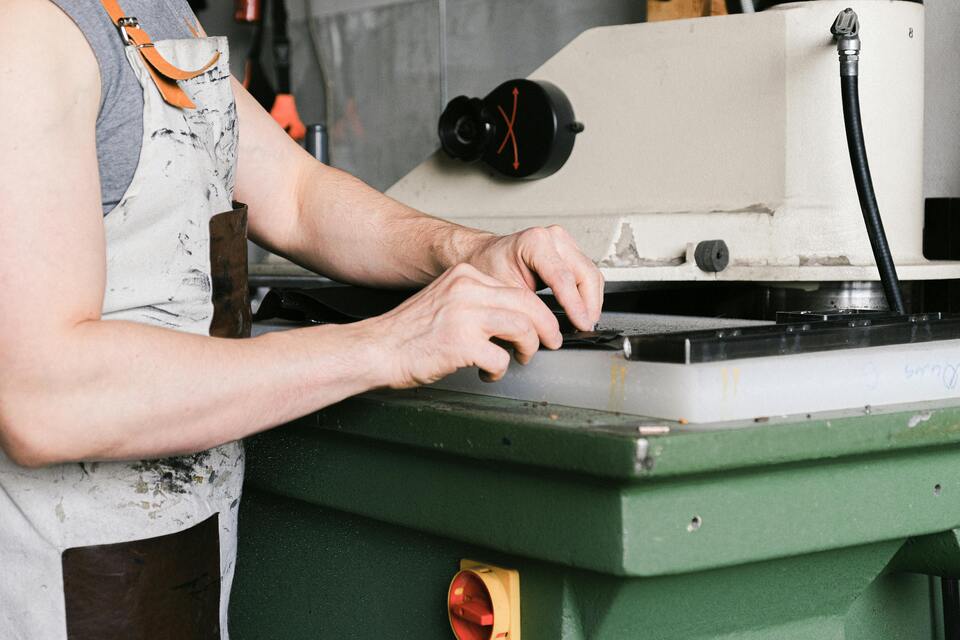
ฟิล์มกันรอยแบบเซรามิกเทียบกับแบบไฮโดรเจล
ฟิล์มกันรอยแบบเซรามิกและไฮโดรเจลต่างก็มีข้อได้เปรียบที่เป็นเอกลักษณ์เฉพาะตัว
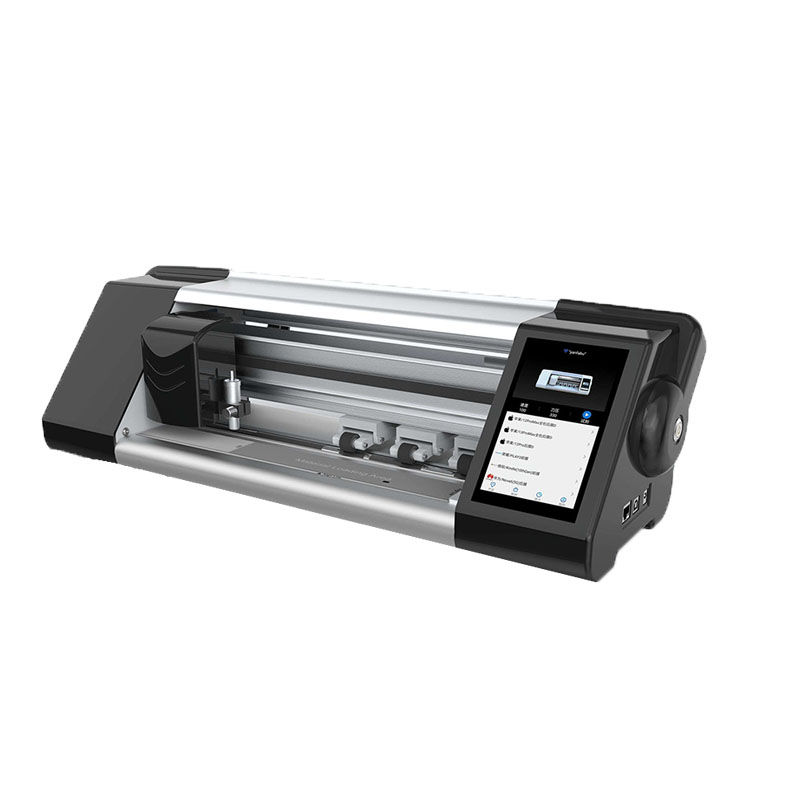
เครื่องตัดฟิล์มกันรอยหน้าจอโทรศัพท์มือถือ
Boost your profits with our advanced film cutting machines. Ideal for phone stores, repair shops, & wholesalers. Cut perfect-fit screen protectors on-demand for any device. Contact us for factory-direct pricing!

การบรรลุความแม่นยำ: แนวทางปฏิบัติที่ดีที่สุดสำหรับการพอดีด้วยเครื่องตัดฟิล์มกันรอย
ความแม่นยำในการตัดฟิล์มกันรอยถือเป็นสิ่งสำคัญสำหรับการปกป้องอุปกรณ์และความพึงพอใจของผู้ใช้
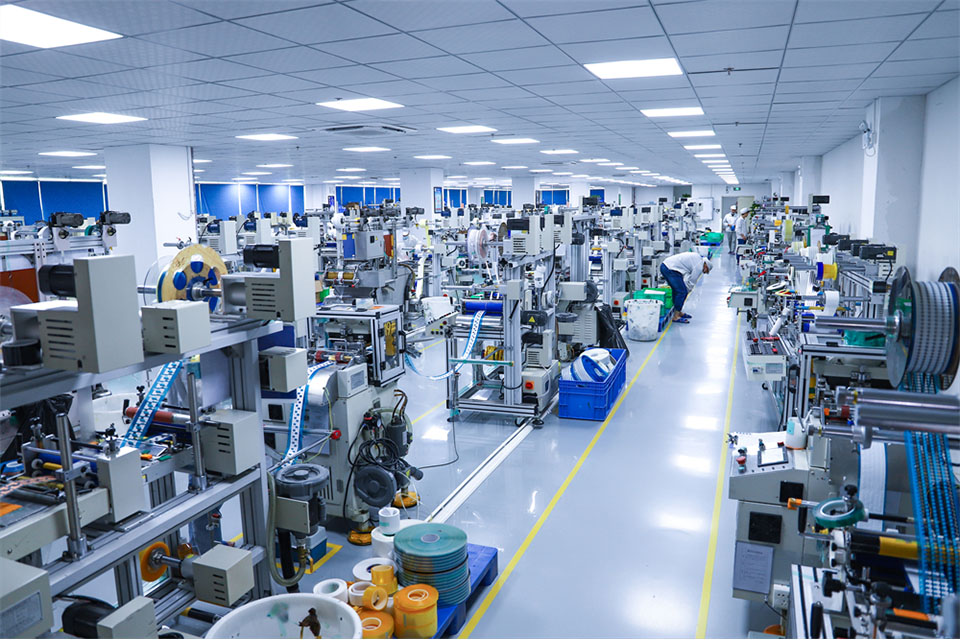
วิธีติดฟิล์มกันรอยบน iPhone ของคุณ: คำแนะนำทีละขั้นตอน
คุณกำลังมองหาวิธีปกป้องหน้าจอ iPhone ของคุณจากรอยขีดข่วนและรอยแตกหรือไม่ การติดฟิล์มกันรอยเป็นวิธีที่ดีเยี่ยมในการปกป้องหน้าจออุปกรณ์ของคุณและรักษาสภาพให้คงเดิม คู่มือฉบับสมบูรณ์นี้จะแนะนำคุณตลอดกระบวนการติดฟิล์มกันรอยบน iPhone ของคุณอย่างสมบูรณ์แบบ เพื่อให้มั่นใจว่าได้รับการปกป้องและความคมชัดสูงสุด ไม่ว่าคุณจะเป็นมือใหม่ด้านเทคโนโลยีหรือผู้ใช้ iPhone ที่มีประสบการณ์ คุณจะพบเคล็ดลับและเทคนิคอันมีค่าที่จะช่วยให้การติดฟิล์มกันรอยเป็นเรื่องง่าย
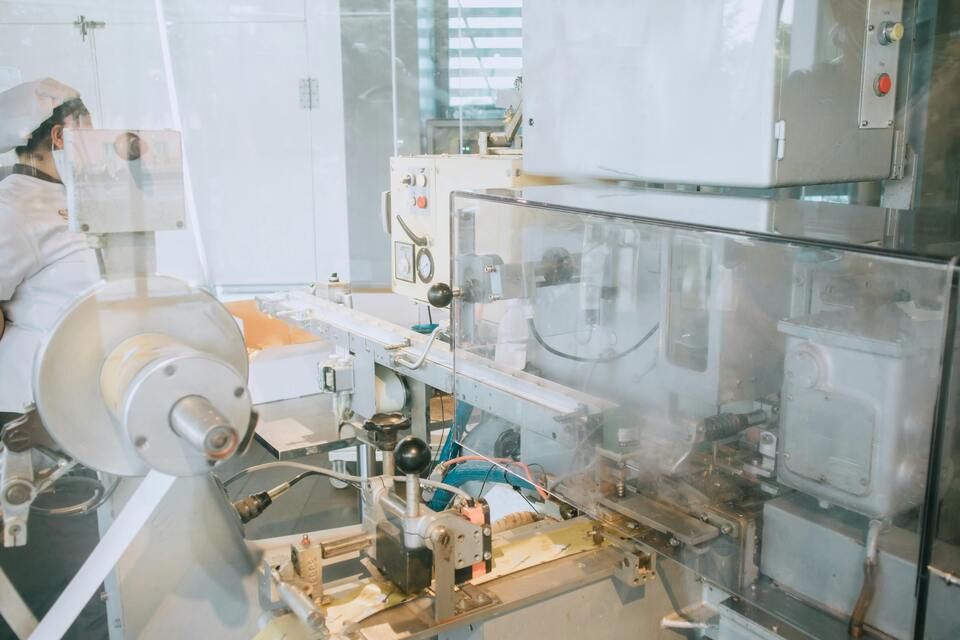
How to Repair Apple Watch to Phone
By following these guidelines, you’ll be able to effectively manage and troubleshoot your Apple Watch and iPhone, ensuring a smooth and integrated tech experience.
ค้นหาความรู้และแนวโน้มทั้งหมดจากบล็อกของเรา รับราคาขายส่งและคุณภาพดีที่สุดจากโรงงานของเรา
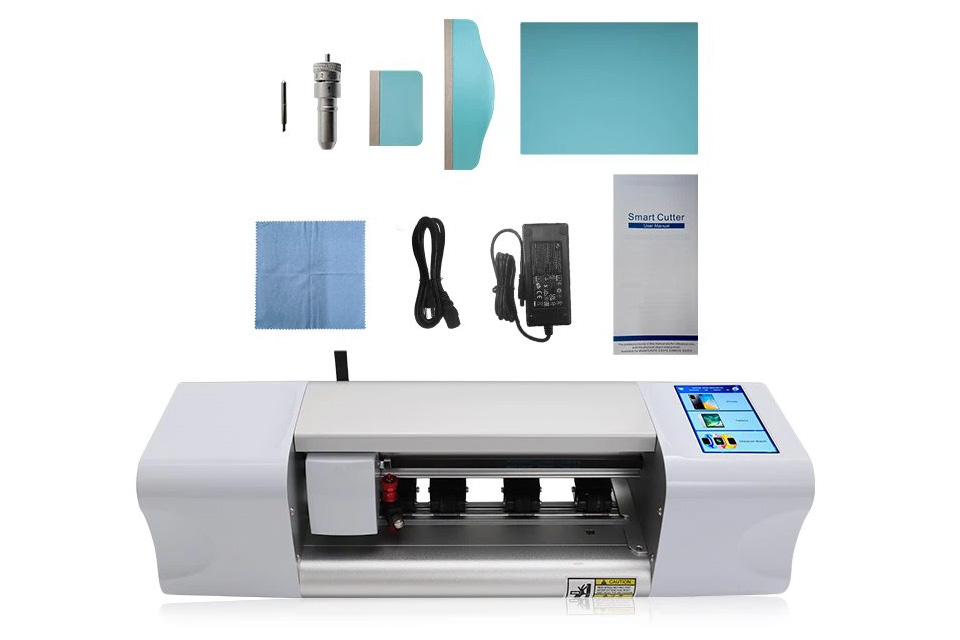
เครื่องตัดฟิล์มคืออะไรและการใช้งานของมัน
เครื่องตัดฟิล์มมีบทบาทสำคัญในวิวัฒนาการของการผลิตภาพยนตร์และกระบวนการอุตสาหกรรมต่างๆ ด้วยการช่วยให้สามารถตัดและต่อวัสดุฟิล์มได้อย่างแม่นยำ
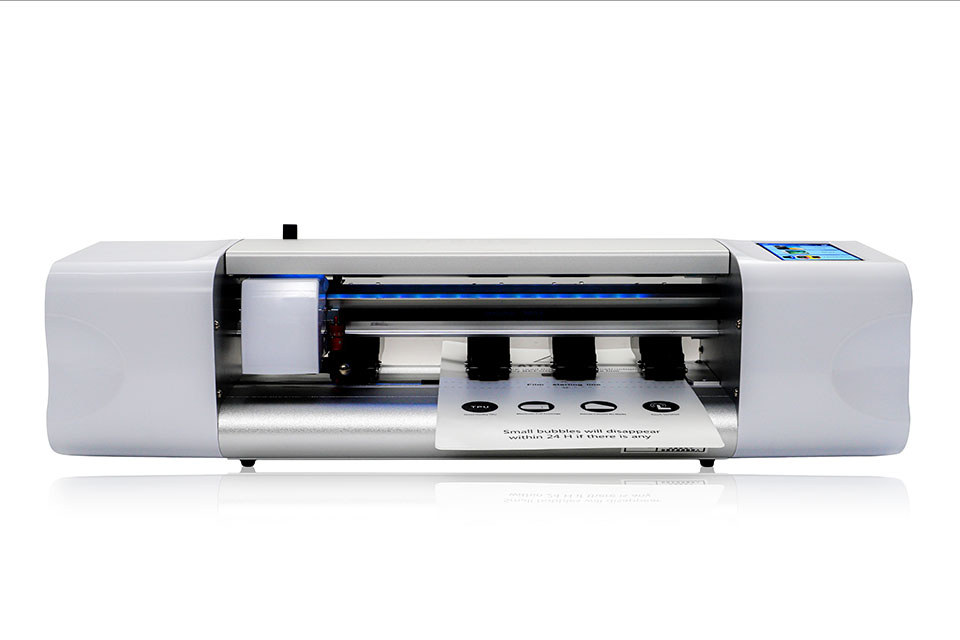
เครื่องตัดฟิล์มกันรอยคืออะไร?
เครื่องตัดฟิล์มกันรอยหน้าจอเป็นอุปกรณ์พิเศษที่ออกแบบมาเพื่อผลิตฟิล์มกันรอยหน้าจอให้พอดีกับอุปกรณ์อิเล็กทรอนิกส์ต่างๆ รวมถึงสมาร์ทโฟน แท็บเล็ต สมาร์ทวอทช์ แล็ปท็อป และจอภาพ
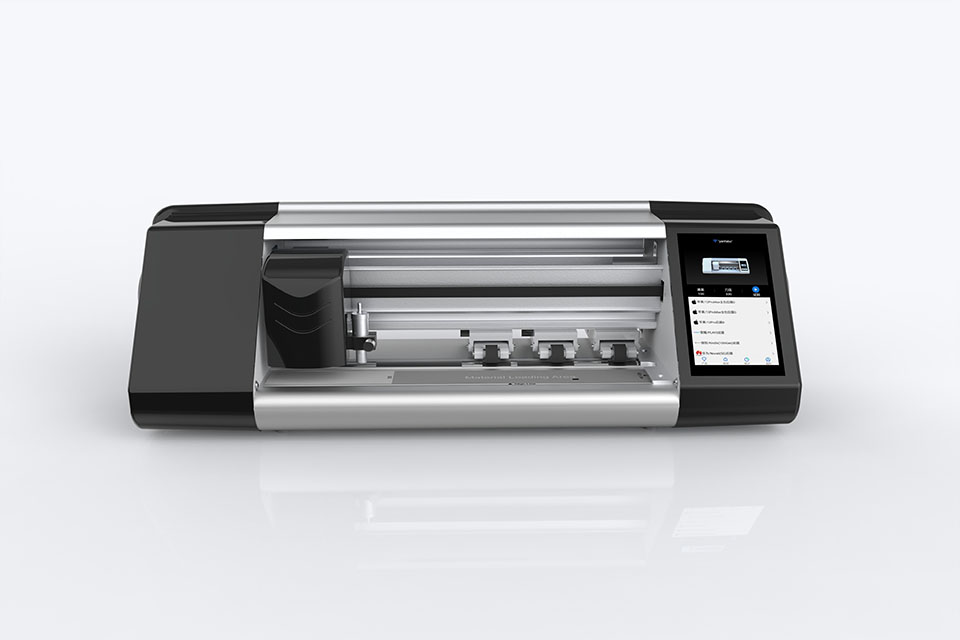
เครื่องตัดฟิล์มกันรอยหน้าจอโทรศัพท์มือถือทำงานอย่างไร?
เครื่องตัดฟิล์มกันรอยหน้าจอโทรศัพท์มือถือเป็นอุปกรณ์ที่ออกแบบมาอย่างซับซ้อน
เพื่อผลิตฟิล์มกันรอยหน้าจอแบบกำหนดเองสำหรับอุปกรณ์ดิจิตอลต่างๆ ด้วยความแม่นยำสูง
และความมีประสิทธิภาพ
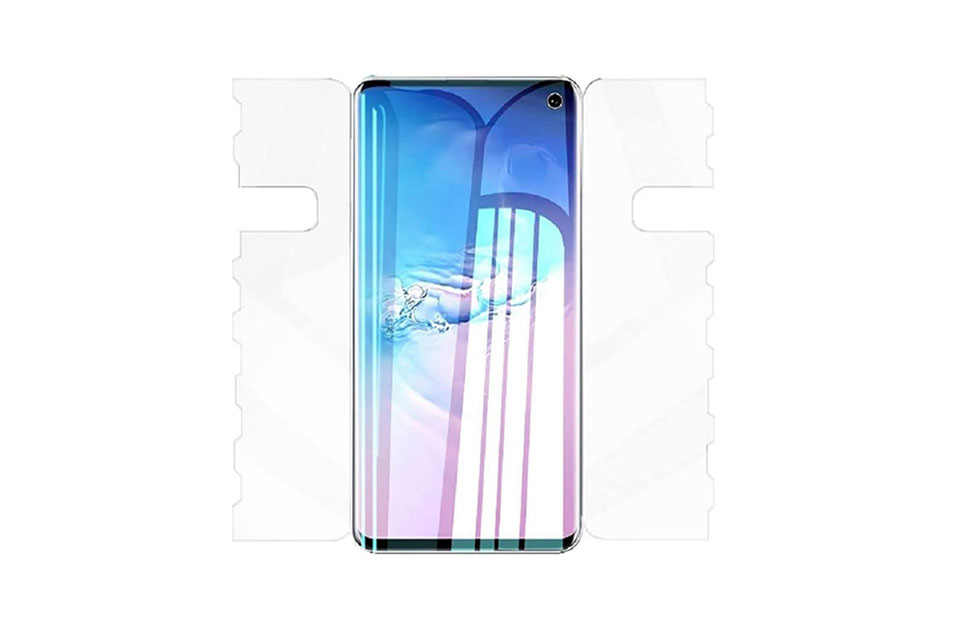
คุณสมบัติของกระจกนิรภัยสำหรับโทรศัพท์มือถือและฟิล์มกันรอยหน้าจอ TPU สำหรับโทรศัพท์มือถือ
ฟิล์มกันรอยหน้าจอเทอร์โมพลาสติกโพลียูรีเทน (TPU) มีความยืดหยุ่น ทนทาน และ
ฟิล์มพลาสติกซ่อมแซมตัวเองที่ออกแบบมาเพื่อปกป้องหน้าจออุปกรณ์อิเล็กทรอนิกส์จาก
รอยขีดข่วน การกระแทก และความเสียหายที่อาจเกิดขึ้นอื่นๆ
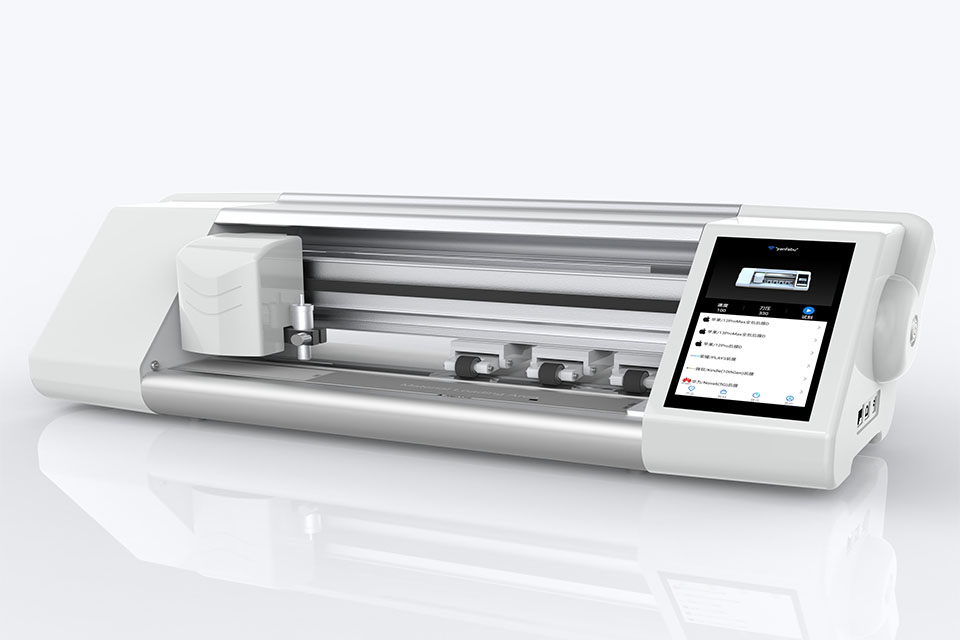
ปฏิวัติการปกป้องอุปกรณ์ด้วยเครื่องตัดการ์ดหน้าจอ
ไม่ว่าคุณจะมีสมาร์ทโฟน แท็บเล็ต หรือสมาร์ทวอทช์ อุปกรณ์อเนกประสงค์นี้สามารถรองรับอุปกรณ์ได้หลากหลายประเภท โดยสามารถปรับให้เข้ากับขนาดของอุปกรณ์ของคุณได้อย่างลงตัว จึงให้ขนาดที่พอดีซึ่งอุปกรณ์ป้องกันทั่วไปไม่สามารถเทียบได้
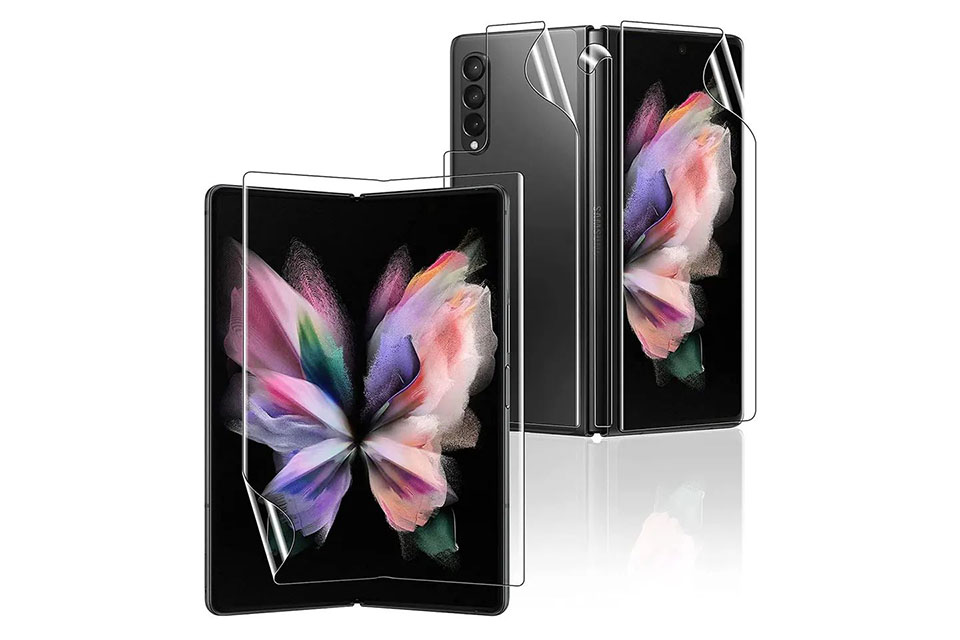
ฟิล์มกันรอยรับประกันตลอดอายุการใช้งาน
การรับประกันฟิล์มกันรอยตลอดอายุการใช้งานเป็นการรับประกันที่ให้โดยผู้ผลิตว่า
สัญญาว่าจะซ่อมแซมหรือเปลี่ยนฟิล์มกันรอยหน้าจอตลอดอายุการใช้งานของผลิตภัณฑ์ ภายใต้ข้อกำหนดและเงื่อนไขเฉพาะ

